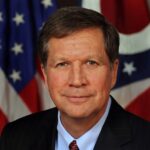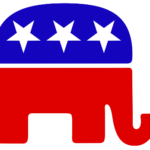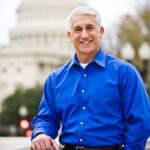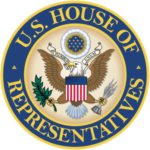California
Rhode Island On the Verge of Impressive Non-Major Party Gubernatorial Streak
Independent Joe Trillo could make Rhode Island the first state in 75+ years to have non-major party gubernatorial candidates win 20+ percent in three consecutive cycles.
Read MoreWill There Be a Record Number of Woman vs Woman US Senate Matchups in 2018?
There is a good chance as many as six states could have two female major party nominees for the office – doubling the previous record for an election cycle.
Read MoreJohn Kasich 2020: Third Time’s a Charm?
Only three presidential candidates have attempted a third major party bid after two failed attempts in the modern primary era.
Read MoreWill Alaska Elect Its 6th Consecutive Different Governor in 2018?
By contrast, one state’s voters have given each of its last 11 elected governors at least two terms in office dating back to the mid-1920s.
Read MoreDemocrats and Republicans Currently Have Record US Senate Winning Streaks in 28 States
Only one region of the country is regularly seeing both parties win U.S. Senate seats in the vast majority of its states.
Read MoreRecord Partisan Gubernatorial Winning Streaks On the Line in 2018
Record partisan winning streaks in races for governor can be extended, broken, or tied in 15 states holding elections in 2018.
Read MoreDave Reichert: Retirement of the Battleground King
Reichert is one of just two current members of the chamber to win elections by single digits in the first four election cycles of his congressional career.
Read MoreThe Top 50 Longest Serving Governors in US History (Updated)
Jerry Brown is poised to end up #3 on the all-time list of statehood gubernatorial service.
Read More34th CD Race Sets Record for Number of California US House Special Election Candidates
The race to fill Xavier Becerra’s seat has five more candidates on the ballot than the previous high in California set during 2006’s 50th CD contest.
Read MoreThe 115th Congress: Feeling Special
Not since before World War II have five U.S. House special elections been conducted during the first six months of a new Congress.
Read More








